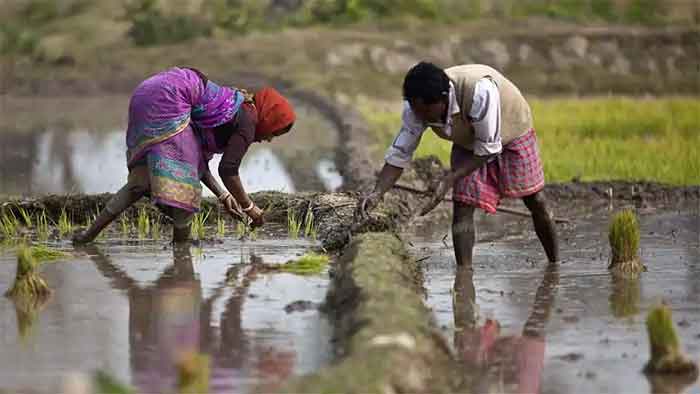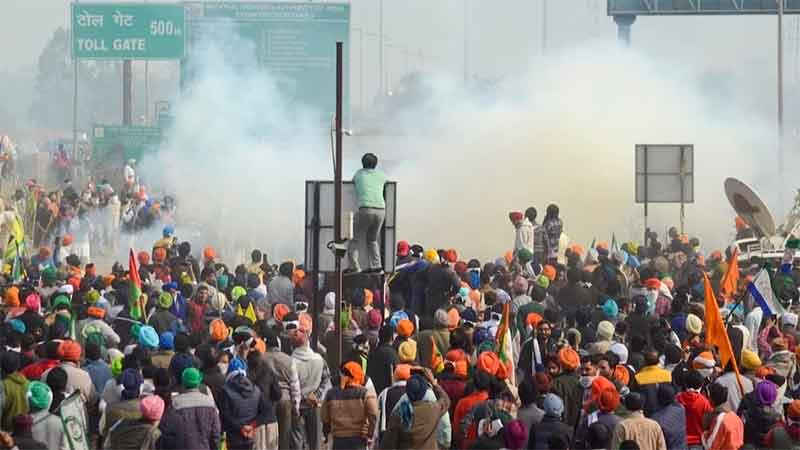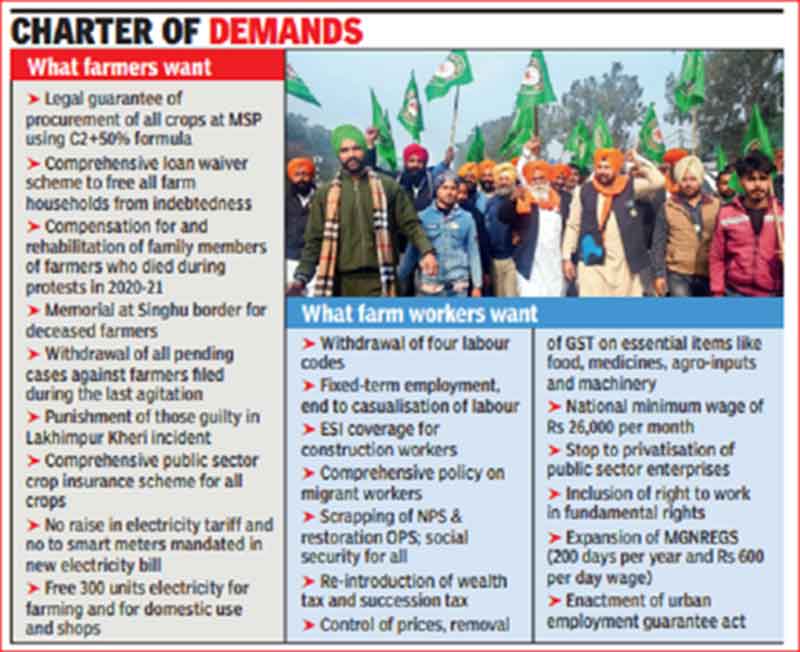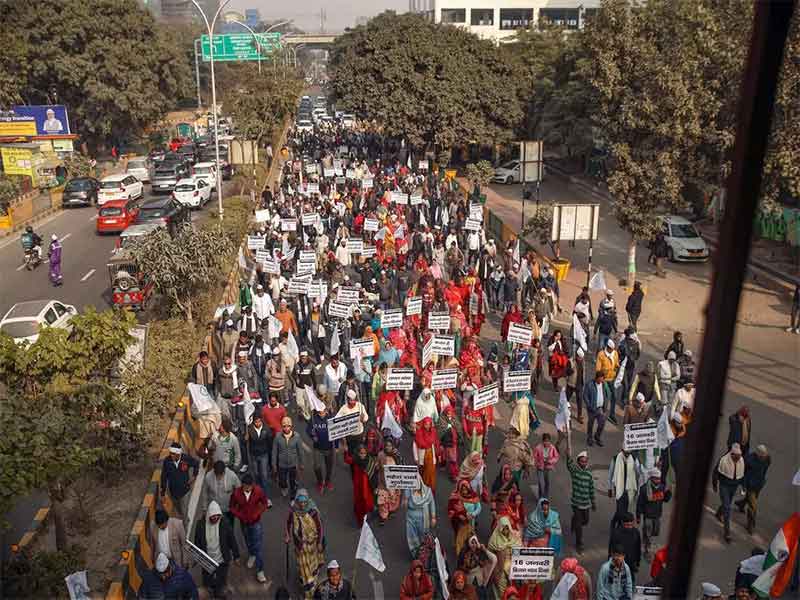
Farming in India has been increasingly discussed at world-level in the context of the on-going farmers’ movement in India. India has a special position as a leading country where nearly two-thirds of the population still lives in rural areas. Therefore whatever policy options it adopts in the context of farming are considered very important at world level.
Hence it is understandable that when a democratic, determined, courageous, peaceful movement of farmers exerted its strength to check corporatization trends of the union government, as reflected more obviously in the hasty pushing and passing of three controversial farm laws, this attracted very wide attention and the unfolding scenario is being observed with a lot of interest the world over.
Given the strong opposition of the farmers and the increasing support for their stand from many other sections of people, criticism of the obstinacy of the government in refusing to consider the main demand of the farmers’ movement for repeal of the three controversial farm laws is growing. On the other hand sympathy and support for the farmers is growing with the enthusiastic participation of more farmers including women in the movement .Organizations of weakest sections including dalit landless farm workers, students and youth, women and workers have also come forward to extend their support. Many heartwarming aspects of the movement including inter-faith harmony , unity of farmers from different regions and castes, sharing of free food and enthusiastic participation of volunteers have been highlighted and have added to the support and goodwill for the movement all over India and abroad.
Having said this, however, important limitations of this on-going movement should also be pointed out. For a justice based, eco-protective and sustainable resolution of the farming crisis as also for sustainable availability of healthy and safe food based on sustainable and creative livelihoods, it is very important to make a very firm commitment to land reforms, particularly redistribution of at least some land in favor of the poorest and landless sections. Secondly it is important to have a firm commitment to ecologically protective farming systems ( in brief to social agro-ecology). Going by the official pronouncements of the farmers’ movement no such firm commitment is yet visible and hence it can be stated on the basis of the evidence available so far that this on-going farmers’ movement also is not well- prepared yet for leading the path towards a just, healthy, ecologically protective , secure and sustainable food and farming system. This needs to be stated very firmly and clearly, so that the urgency of the need for an alternative paradigm, which is different from the one presented so far by the farmers’ movement, is not neglected and forgotten.
Even as we support the on-going farmers’ movement, we need to bring out its limitations with the hope that it will overcome its limitations. If it cannot do so, then the need for an alternative vision and paradigm which places big emphasis on land redistribution and ecologically protective farming has to be articulated even more strongly so that this most important vision can also be heard in the discourse on farming and food, beyond the limited vision offered by the farmers’ movement and the much worse vision of a government committed to corporatization of farming.
The reasons why the on-going farmers’ movement with its limitations should nevertheless continue to get our support are many. By opposing the three controversial farm laws this movement seeks to prevent the further decline of our already unsustainable and unjust farming system. It provides a very important point of courageous and well-organized resistance to increasingly authoritarian trends and forces in the country. It promotes national unity and communal harmony and increases social mobilization of rural women. It creates a window of dialogue to make farmers more caring about landless households, particularly the dalits.
All these are very welcome features which deserve our support, but at the same time the limitations f the movement pointed out earlier need to be kept in consideration . After all the real and wider aim is to promote a just, equitable, healthy, safe, eco-protective, secure and sustainable food and farming system.
Bharat Dogra is a journalist and author. His recent books include Man over Machine and Protecting Earth for Children.
GET COUNTERCURRENTS DAILY NEWSLETTER STRAIGHT TO YOUR INBOX















































